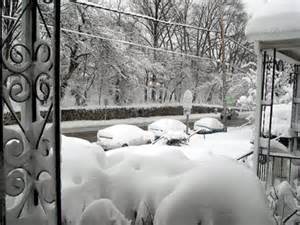Keeping Elders Safe During the Winter Months 5 Safety Tips to Survive the Cold Weather
During the winter months, ice, snow and cold temperatures can make life challenging for everyone. Safety becomes an issue for anyone who might be outside in the element, but it becomes especially serious for seniors, who might not be as steady on their feet or as able to handle the cold.
If your elderly loved one needs to go outdoors, it’s best they have a caregiver to assist them every step of the way. And these precautions will ensure everyone stays safe in the elements:
- Every set of steps should have a sturdy railing. Sloping sidewalks and driveways, ramps, and uneven surfaces should also have railings for safety.
- Add strips to the steps for added traction, and make sure there is a good supply of ice melt on hand. Put it in a bucket that is easy to open, and provide a small scoop that can be easily lifted even when completely full.
- Hire someone to shovel walkways and driveways. Keep in mind that many heart attacks happen when older adults try to do this job themselves! This is a job for professionals or the neighborhood kids who want to earn a little spending money.
- Invest in boots with non-skid soles, or give them a set of traction helpers — these thin gadgets fit onto the bottom of a shoe and help dig into the ice and snow when walking. Take off shoes as soon as you return indoors because often snow and ice attach to the soles and, once melted, can lead to slippery conditions inside. If they walk with a cane, make sure the tip is sturdy and sure.
- Dress warm! Dress in layers, wear warm socks, a heavy coat, a warm hat, gloves and a scarf. In very cold temperatures, cover all exposed skin. Use a scarf to cover your mouth and protect your lungs. As we grow older, we become more sensitive to cold and our sense of touch decreases. Monitor elders for signs of hypothermia: exhaustion, slowed heart rate or breathing, memory loss, drowsiness, slurred speech, confusion, skin that is ashy or pale, decreased coordination.
As far as INDOOR preparations…please click below for helpful safety tips for seniors as the cold weather approaches.
Do not wait until winter weather happens to decide how to help your aging loved one. Make a plan for winter emergencies that include providing your loved one with a way to get in touch with you even in a power outage, visit often to check up on your loved one’s well-being, and ask for help if you are unable to provide the care your loved one needs. Home care services let families rest assured that their loved one is safe with a caring companion—no matter what weather surprises winter brings.




